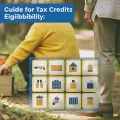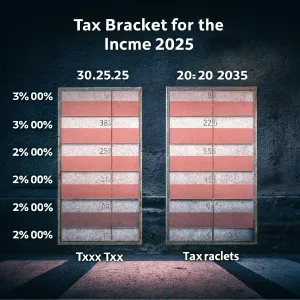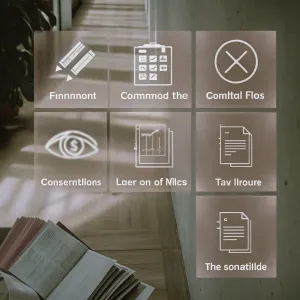
Who Qualifies for the Latest State Stimulus Payments
Learn who qualifies for the latest state stimulus payments and understand the eligibility requirements in your state to secure financial relief.
Make taxes easier with tips, tools, and strategies





To legally reduce your tax bill in 2025, consider strategies such as maximizing retirement account contributions, using health savings accounts, strategically itemizing deductions versus taking the standard deduction, leveraging business expense deductions for the self-employed, employing tax-loss harvesting for investments, and taking advantage of real estate tax benefits. Be proactive in your tax planning, particularly in light of impending changes to the Tax Cuts and Jobs Act set to expire after 2025, and consult with a tax professional for personalized advice.

In 2025, taxpayers should understand that the U.S. operates on a progressive tax system where only income exceeding a certain bracket's threshold is taxed at that higher rate, not the entire income, and effective tax rates are generally lower than the marginal tax rates. Utilizing tax credits, standard deductions, and retirement contributions can optimize tax positions, and adjustments for inflation have slightly increased 2025 tax brackets by 3.1% to prevent bracket creep, with major tax law changes possible after the Tax Cuts and Jobs Act's sunset in 2025.

To avoid common tax filing mistakes that could lead to costly consequences such as delays, audits, or overpaying, ensure accuracy by double-checking Social Security Numbers, using reliable tax software to minimize math errors, understanding your correct filing status, thoroughly reporting all income, claiming eligible deductions and credits, and maintaining proper documentation. Additionally, use IRS resources, start early, and if needed, consult a tax professional to navigate complex tax situations effectively.

Key tax changes in 2025 include New York's amended tax law expanding state and local sales tax, new withholding adjustments for employers, and Ohio increasing vendor's license fees. Individuals and businesses should review withholding status, consider earlier business registration, and prepare for new reporting requirements to optimize financial strategies and avoid surprises.

For the 2025 tax season, taxpayers have expanded free filing options, including the IRS Free File program for those with an AGI of $73,000 or less and MilTax for military personnel. Paid options like TurboTax, H&R Block, and TaxAct offer varying levels of support and features, with TurboTax being the most user-friendly but also the priciest. Consider your tax complexity, support needs, and budget when choosing software, and check for state-specific free filing options to avoid unnecessary expenses.

Freelancers in 2025 need to pay self-employment taxes, track multiple income sources, and report all earnings, including those not covered by 1099 forms, while maximizing deductions such as business expenses and the Qualified Business Income deduction. It is crucial to make quarterly estimated tax payments to avoid penalties and consider tax-advantaged strategies like retirement account contributions and understanding the implications of business structure on tax liability.

The content outlines often-overlooked tax deductions and credits for 2025, including the state sales tax deduction for major purchases, exceptions for claiming home office deductions, health-related deductions through HSA contributions, R&D credits for small businesses, education deductions like the Lifetime Learning Credit, and retirement savings opportunities such as the Saver's Credit. It emphasizes using tax software and consulting professionals to ensure no deduction is missed, while also noting changes to tax laws and contribution limits for 2025.